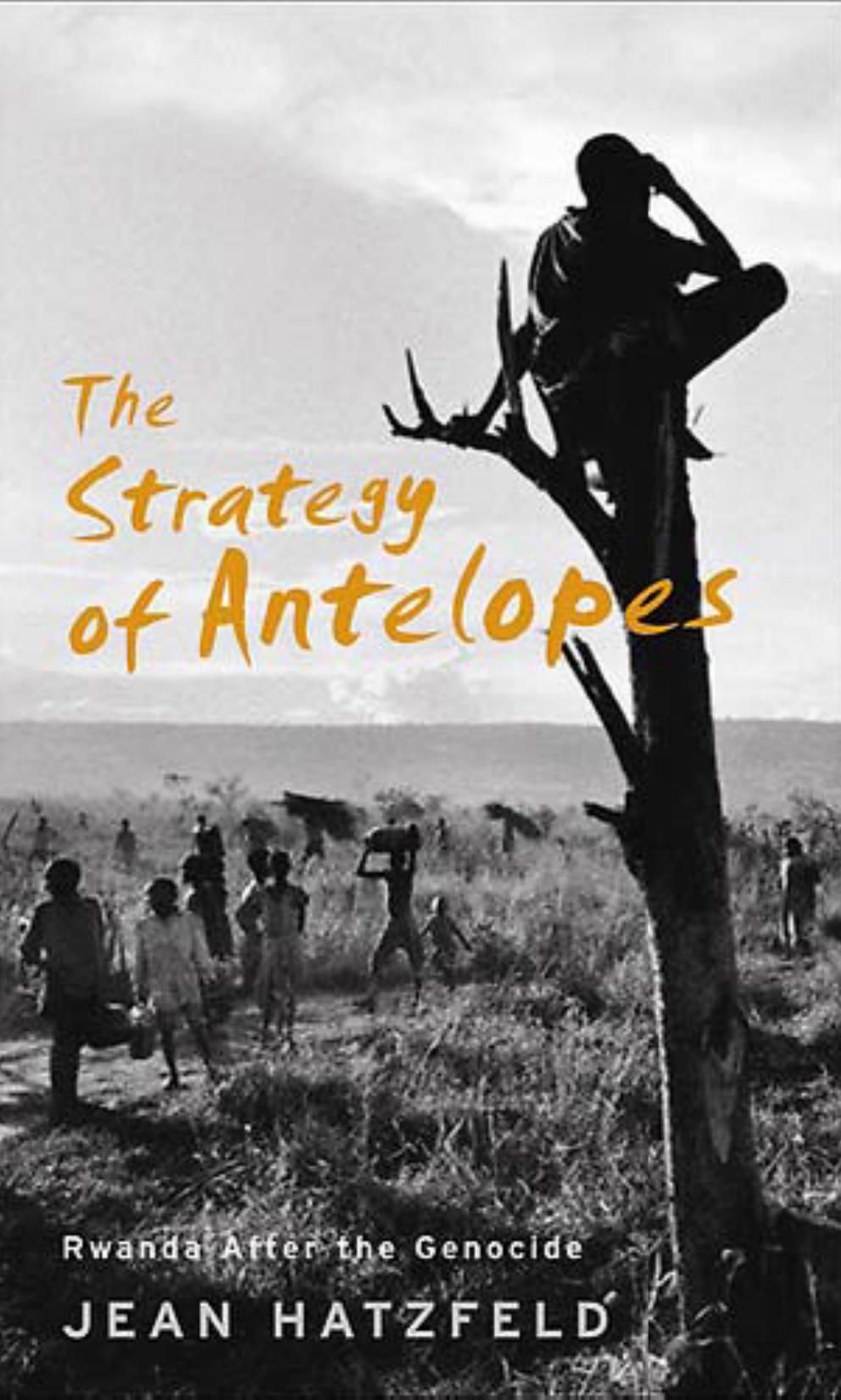The Strategy of Antelopes by Jean Hatzfeld

Author:Jean Hatzfeld
Language: eng
Format: epub, pdf
Publisher: Serpent’s Tail
Published: 2009-03-20T16:00:00+00:00
Alphonse Hitiyaremye: “We received a free pardon more than a punishment, because the pardon was more necessary in the country’s new situation, given the war, the fields lying fallow, hunger, and the problems raised by wives left on their own.
“The state had determined that many were involved in carrying out the killings without being involved in a deeper ideology, and that it’s better to condemn the former government instead of the farmers turned killers. The state believes that the farmers have kept a little innocence after all and are more useful in their fields.”
Ignace Rukiramacumu: “The prison time served is not anywhere near the killings committed. Shooting us all? Not an easy thing. Feeding us in Rilima and getting nothing in return seemed too expensive when famine hit the hills. The authorities thought, If they stay eating in prison while the fields return to bush, if the survivors find no food to buy and no good workers for their own land, and if families cry famine in the drought, it will be disastrous. Reconciliation naturally promotes the sowing of every productive field.”
Élie Mizinge: “Cutting people with machetes, without any provocation. Without wondering why we’re cutting them. Without asking ourselves what it means to cut so many people like that. It’s a turbulence of the mind that cannot be judged. Faced with such culprits, justice cannot exact anything fitting except through killing or pardoning. Me, I was spared in the aftermath, I was imprisoned, and later I was released. I was bad, I am nice, I shall be a model of behavior. I shall follow my opportunity without one misstep until God’s judgment.”
Marie-Louise Kagoyire: “They judged some criminals in the courts. That represents a fraction of the killers, but still, one fraction. Yes, after the genocide there is a justice, but of reconciliation. It adjusts to the numbers of judges, killers, and victims; it punishes the guilty and prevents vengeance; it proves lenient to the killers and profitable for the welfare of the country. It fosters a good outlook for the future. It satisfies the authorities, the international donors, and as for the sorrow of the survivors, that’s just too bad.”
Claudine Kayitesi: “In the courts injustice gobbles up justice. Obviously, not every killer deserves execution—but still, some of them, after all. Those who burned babies alive, who cut and cut till their arms ached, who led expeditions of a thousand hunters—those should really have disappeared from our lives. The state has decided to save them. If someone had asked for my opinion? I would have sent the propagandists and the major leaders to the firing squad. That wasn’t done; foreigners exerted influence, and the authorities proved flexible to favor national reconciliation. For us, it becomes impossible to relieve our grief, even with full bellies. Basically, justice is not worrying about the feelings of survivors.”
Berthe Mwanankabandi: “What’s the use of looking for mitigating circumstances for people who butchered day after day after day and even on Sundays with their machetes? What can
Download
This site does not store any files on its server. We only index and link to content provided by other sites. Please contact the content providers to delete copyright contents if any and email us, we'll remove relevant links or contents immediately.
Cecilia; Or, Memoirs of an Heiress — Volume 1 by Fanny Burney(31365)
Cecilia; Or, Memoirs of an Heiress — Volume 3 by Fanny Burney(30961)
Cecilia; Or, Memoirs of an Heiress — Volume 2 by Fanny Burney(30918)
The Great Music City by Andrea Baker(22065)
We're Going to Need More Wine by Gabrielle Union(18100)
Bombshells: Glamour Girls of a Lifetime by Sullivan Steve(13132)
Pimp by Iceberg Slim(12965)
All the Missing Girls by Megan Miranda(12798)
Fifty Shades Freed by E L James(12474)
Talking to Strangers by Malcolm Gladwell(11935)
Norse Mythology by Gaiman Neil(11932)
Crazy Rich Asians by Kevin Kwan(8386)
Mindhunter: Inside the FBI's Elite Serial Crime Unit by John E. Douglas & Mark Olshaker(7869)
The Lost Art of Listening by Michael P. Nichols(6501)
Enlightenment Now: The Case for Reason, Science, Humanism, and Progress by Steven Pinker(6429)
Bad Blood by John Carreyrou(5798)
The Four Agreements by Don Miguel Ruiz(5545)
Weapons of Math Destruction by Cathy O'Neil(5068)
We Need to Talk by Celeste Headlee(4897)
